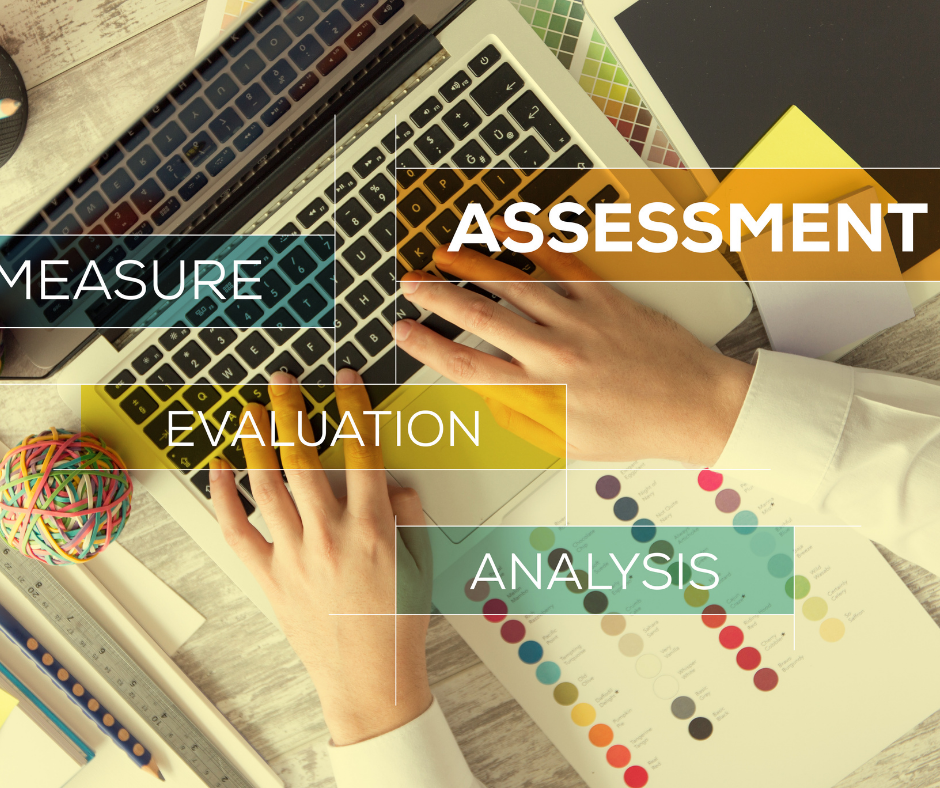
 There are bunches of assessments available today. Finding and developing that diamond in the rough employee has become an art, and employers are trying to get all the help they can in choosing the best candidate.
There are bunches of assessments available today. Finding and developing that diamond in the rough employee has become an art, and employers are trying to get all the help they can in choosing the best candidate.
Which assessment is best? There are few things to consider when making the choice. Does the assessment use the same set of factors for every job? If that is the case, it is very unlikely to effectively predict job success. In order to predict job success the assessment must be job-specific.
For example, many personality tests use the same set of personality factors for every job. The majority of these factors are likely to be irrelevant to job success for any one job. How can recruiters or line managers know how to use such information when it is not job specific? Using such assessments is not only counter-productive, it violates hiring ethics and, in many cases, legal guidelines.
The best suitability assessments measure a wide range of different types of factors including:
- motivation
- attitudes
- work preferences
- work values
- work environment preferences
- interests
In doing so, you can capture all the important suitability factors related to job success. A behavioural assessment that focuses only on personality will have significant gaps that will hinder its ability to predict job success. For example, an applicant might have the right personality fit for the job but may dislike some of the tasks required. Or, the applicant may dislike certain aspects of the work environment or lack interests related to the job function. Such things will significantly hinder performance and impact attrition.
A good assessment tool must be able to identify the high performers while at the same time identify any significant derailer traits/behaviour. The reverse should also be possible, a good job fit assessment must be able to identify potential poor or average performers.
Many people use simple personality tests that measure only four to ten factors, thinking that they are easy to use. However, these tests are actually very difficult to use because they don’t provide reports related to specific jobs with an overall score.
Consequently, there is no way to effectively interpret the results. In addition, such tests are extremely unlikely to predict job success because they don’t measure enough factors. Harrison Assessments International research indicates that there are at least thirty behavioural factors that impact success for any one job and only a small portion (about 25 to 30%) of behavioural factors that are measured actually relate to success for a specific job.
In order to be effective, hiring assessments must provide a score for eligibility, a score for suitability and a total score. This requires pre-defining how each of the suitability factors and each of the eligibility factors will impact the total score. Otherwise, each interviewer will guess at how each factor will impact job success and consequently, the value of the assessment will be compromised.
The Harrison Assessment Tools take both the eligibility and the suitability of a candidate into consideration. HA is based upon over twenty years of experience. Harrison Assessments has developed a series of unique methods that make hiring choices more reliable and accurate. The methods combine to make online recruitment and employee selection efficient and effective.
